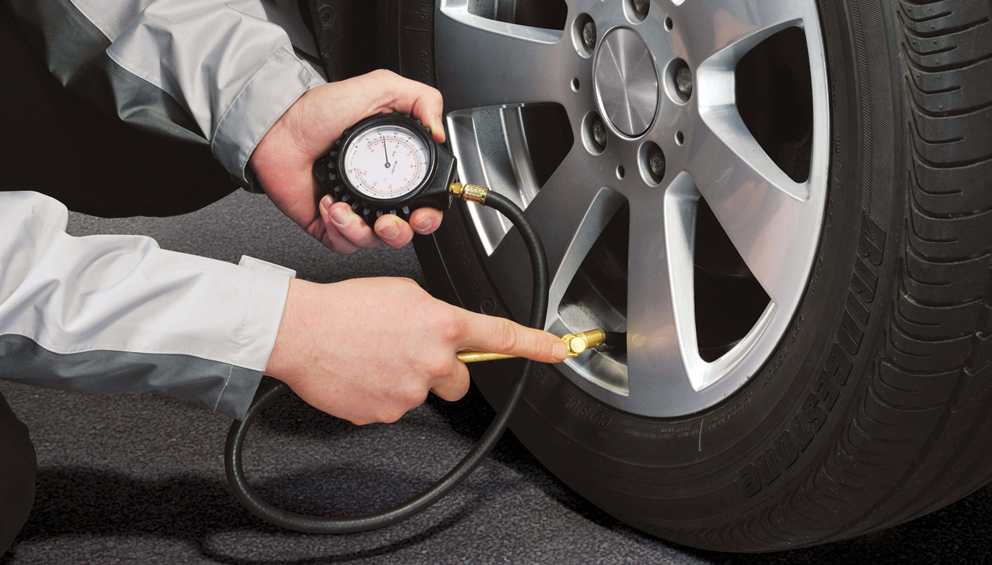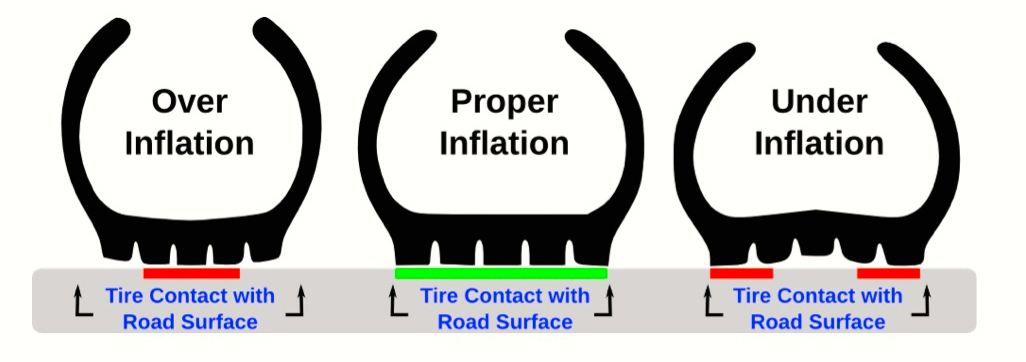Posted on 6/23/2025

Steering angle sensors (SAS) are critical components in modern vehicles, acting as the vital link between the driver’s steering input and the car’s electronic control systems. Installed within the steering column, these sensors continuously monitor the steering wheel’s position, rotation speed, and direction, converting these movements into precise electronic signals. This real-time data is indispensable for a range of advanced safety and driver assistance feature, referred to ADAS. The primary function of a steering angle sensor is to determine exactly where and how the driver intends to steer, ensuring that the vehicle’s wheels respond accurately to steering wheel movements. The sensor uses technologies such as optical encoders or magnetic sensors to measure the angle and rate at which the steering wheel is turned, providing feedback that is accurate to within a fraction of a degree. For redundancy and reliability ... read more
Posted on 6/23/2025

When it comes to vehicle safety and maintenance, brake pads are among the most critical components. After replacing your brake pads, it’s tempting to hit the road immediately, especially if you have a long trip planned. However, we recommend waiting at least a week—or driving a certain distance—before embarking on a lengthy journey. Here’s why this break in procedure, recommended by Raybestos, is essential for your safety and the longevity of your braking system. By the way, check out this great getaway in NYS! Understanding the Break-In Period New brake pads require a break-in period to ensure optimal performance and safety. This process, often called &l ... read more
Posted on 6/23/2025

As automotive technology continues to advance, 360-degree camera systems and other ADAS (Advance Driver Assistance Systems) systems have emerged as a game-changing feature, reshaping how drivers interact with their vehicles and the road. These innovative systems offer a panoramic, bird’s-eye perspective of a car’s immediate surroundings, effectively eliminating blind spots and providing a level of situational awareness that traditional mirrors and single-view cameras cannot match. By integrating multiple wide-angle cameras around the vehicle and merging their feeds into a seamless overhead view, 360-degree cameras make everyday driving, parking, and maneuvering in tight spaces safer and more convenient than ever before. 360-degree cameras are rapidly transforming the driving experience by providing a comprehensive, real-time view of a vehicle’s surroundings. These ... read more
Posted on 6/16/2017

Tire InstallationHow to Properly Inflate Your Tires to Stay Safe on the Road (Part 3) NOTE: This is the second part of our series on tire inflation. Please click here for Part 1, and click here for part 2. Always make sure your tires are inflated properly. Here's how: 1. Go over at a gas station that has a compressor with an indicator.2. Position your car so you can reach to all four wheels.3. Check the pressure specifications of the wheels. Search for a label that can be found on the door, the glove compartment or trunk.4. Remove the plastic lid from the valve and put it somewhere safe so you don't lose it.5. Verify the pressure with your gauge or with the one at the gas station. Click on the valve device and clasp it tightly. If you notice a whistling sound, it ... read more
Posted on 6/15/2017

Tire InstallationHow to Properly Inflate Your Tires to Stay Safe on the Road (Part 2) NOTE: This is the second part of our series on tire inflation. Please click here for Part 1. How do you check the inflation level of your tires? There are many people who are unsure how to do this or people who think they can just look at a tire to determine if it is under or over-inflated. Estimating the air pressure level in your tire by looking at them will never give you accurate results. There is a small tool that can be purchased at any auto supply store, as well as many home improvement centers, and perhaps your local hardware store. It's called a tire pressure gauge, and you can simply place it on the nozzle of your tire and get a reading of the air pressure within your tires. Trying to gauge it by eye may result in 20% over-inflated ... read more